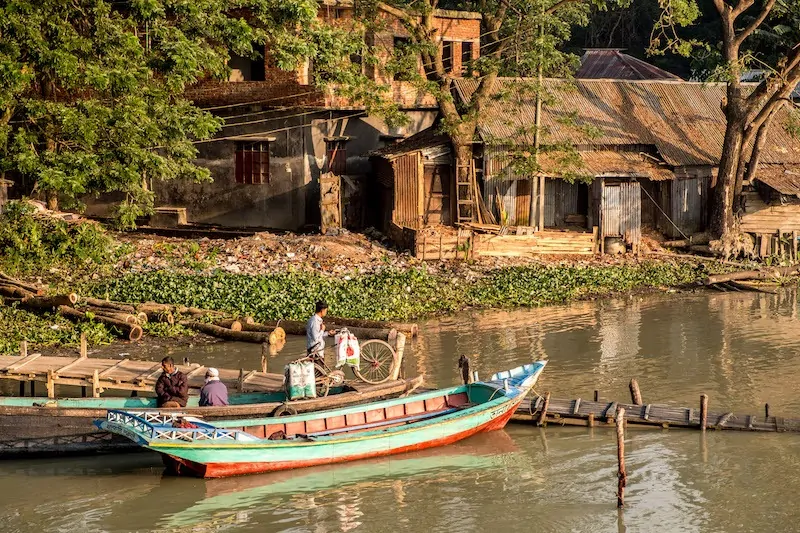The South Asian country of Bangladesh is nestled on the Bay of Bengal. Its greenery and many waterways make for a beautiful landscape. The Meghna and Jamuna rivers create fertile plains, and the Sundarbans forests are home to the royal Bengal tiger. If you visit the country, you will discover a country that is a must see. The beauty of Bangladesh is also evident in its culture.
Public transport is available in Bangladesh, but the system is not well developed. It is difficult to make a reservation for a train unless you know where you are going. While public transport in Bangladesh is reliable, there are several risks associated with it. I‘m the happiest person in 2020 to go there. For example, river and sea ferries can become overcrowded and unsafe, and there have been piracy attacks on vessels. Terrorists are also known to target these vessels, so keep this in mind when traveling in Bangladesh.
The Foreign Commonwealth and Development Office has issued a travel advisory regarding COVID-19 in Bangladesh. Although the level of COVID-19 is low in this country, there are restrictions on traveling there. Check with the Embassy before you travel. If you need to take COVID-infected medication, read up on the country's COVID-19-restricted zones. You may be able to find information on travel to these areas here.
While there are some risks associated with Bangladesh's rail system, there are still no serious issues with safety. While the train network is dated and outdated, it remains generally safe to use. In recent years, there have been several incidents of political activists targeting rail lines. Molotov cocktails were hurled onto the tracks, and the ties have been removed from some trains. In the past, foreigners have been the target of attacks at the train stations.
If you're travelling in Bangladesh, it is best to take the appropriate precautions. The public transport system is adequate, but the service is not without risks. For instance, the country's high rates of dengue fever are a risk. The country is also prone to mosquito-borne diseases. Fortunately, the disease can be prevented by avoiding mosquito bites. As a result, you'll need to make sure you are properly protected.
As in any country, the crime rate in Bangladesh is high. It is a dangerous country, so travelers should be aware of petty crimes in the city. The most common crimes in the country are burglaries, muggings, and assaults, as well as illegal drug trafficking. As with any other place in the world, it is important to take the necessary precautions to protect yourself. If you're traveling to a place where the crime rate is high, you should ensure that you're prepared.
If you're visiting Bangladesh, be aware of the country's quarantine policies. Passengers from certain countries should be aware of the country's health regulations and check them before traveling. Some countries, such as India, have a high rate of COVID-19. In case you're worried about it, you should visit the Embassy's COVID-19 page to get more details. When it comes to diseases, it is best to consult the WHO.
Women should dress conservatively. A typical example of a local Indian/Bangladeshi tunic is a salwar kameez, a loose pair of trousers. A scarf is often worn to cover the chest and shoulders. If you're visiting with a man, he or she should give you a handshake to welcome you. If a woman is visiting the country with children, a scarf can be worn over the chest.
The country has no official health information. However, the CDC warns that there is a high rate of COVID-19 in the country. For more detailed information, visit the Embassy's COVID-19 page. There are also many health and safety regulations in Bangladesh. If you're unsure of what you'll need, contact the country's government to determine what you'll need. You'll be glad you did.
In terms of the language, women have the advantage of a bilingual culture. Their primary language is Bengali, which means they have a lot of common language, which means they have the same name. In addition to being bilingual, Bangladeshis speak English, Hindi, and other languages. As far as religion is concerned, there are few gender-specific laws. During a time of crisis, it's essential to understand the local cultural norms.


